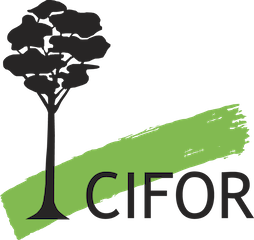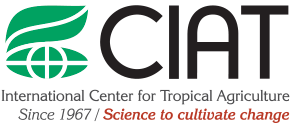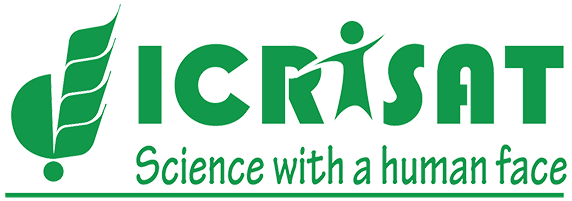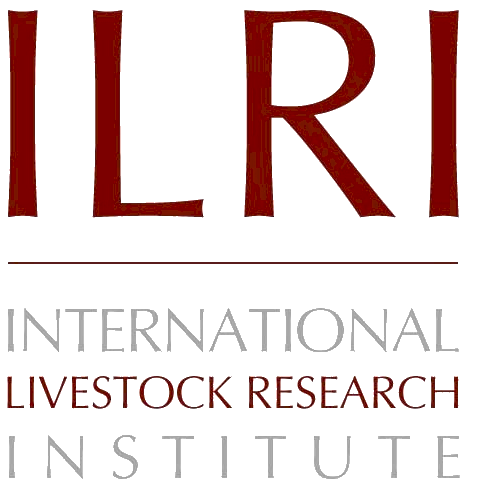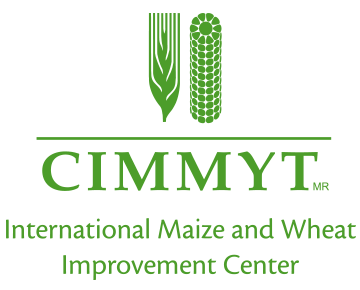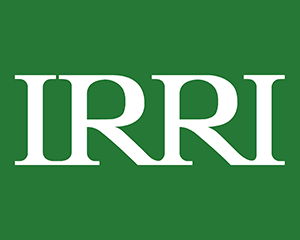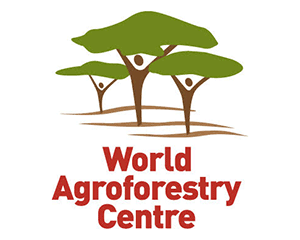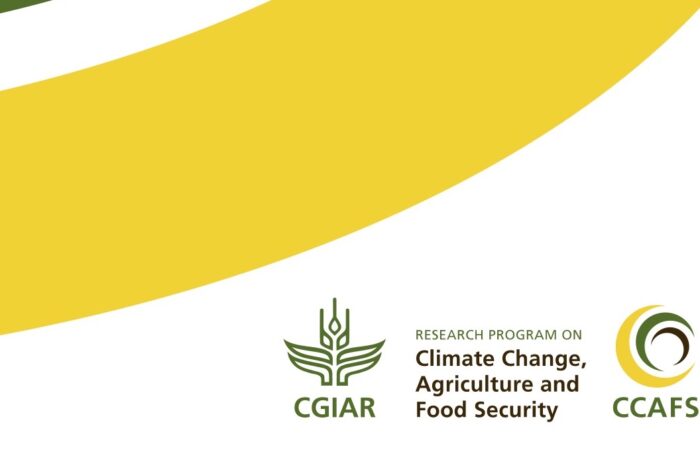
Abstract
The discharging of cattle manure into the environment by dairy farmers in West Java, Indonesia, is causing environmental pollution and social issues. The objective of this study was to explore effects of increased utilization of cattle manure and good agricultural practices (GAP) on GHG emissions from the dairy and horticultural sector in Lembang Sub- District in West Java. Environmental consequences of various scenarios to avoid discharging of cattle manure were explored, including different manure processing methods, utilization of manure in either the dairy sector or the horticultural sector, and different levels of GAP in horticulture. Results showed that, compared to discharging, utilizing cattle manure on land for forage production and in horticulture lead to reduced GHG emissions, but only when cattle manure replaced currently used fertilizers. In a similar vein, results showed that implementing good agricultural practices (GAP) in horticultural production led to significant reduction of GHG emissions from the dairy and horticultural sectors in Lembang Sub-District.

